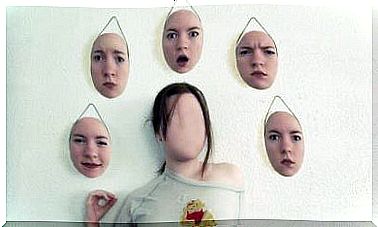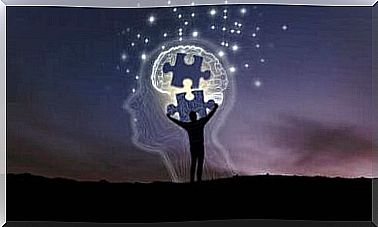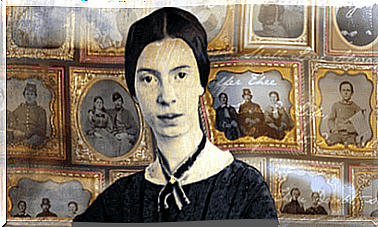When I Look At The World I Am Pessimistic, But When I Look At The People Around Me I Am Optimistic
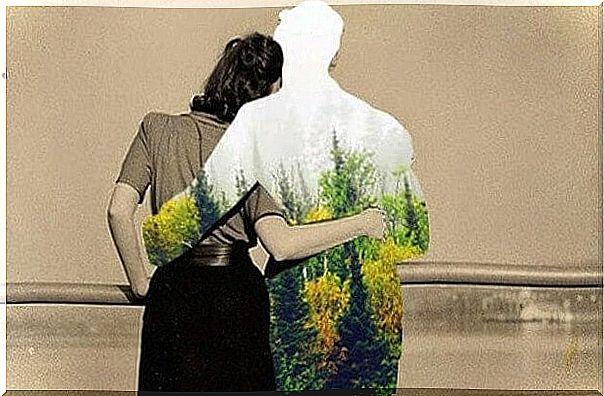
Only personal relationships like family and closest friends can give us special feelings and emotions. Emotional support, love, security and protection give us a more hopeful outlook in the eyes of those around us, despite the issues that cloud the horizon. The world may be a vile place, but the feelings of comfort that the people we love give us allow us to see it as a more welcoming place, more suited to us.
When we observe the world, we sometimes notice a host of situations and facts that take us away from it; we feel vulnerable and small in the face of misunderstanding our position in certain situations. We often see the world as a threatening place. And, on the contrary, when we lower our eyes and concentrate on what surrounds us, we find a second wind and a deep security; this happens for many reasons, but mostly because we are ultimately part of this universe through our personal relationships.
Being surrounded by people who give us feelings of security and understanding makes us more optimistic since we tend, thanks to these feelings, to see things and to judge them from a much more positive point of view. Not knowing how to take care of your social relationships can be as harmful as not playing sports, being an alcoholic or smoking 15 cigarettes a day.
Why does pessimism come over us when we observe the world?
Even though the data shows that, compared to eras of the past, we are living better than ever, the brain’s protective tendency makes us pay more attention to news that can pose threats, putting us in a constant state of alert.

We live in a time when there is less explicit violence within humanity; poverty has fallen dramatically, the life expectancy of the world’s population is increasing and the world in general has become more democratic. Despite this, we often hear phrases that describe a continually deteriorating world: “it’s not what it used to be” or “things used to be much better in the past”. But the statistics, as we said before, speak of a whole different reality.
So why this dissonance between the current state of the world and the general state of pessimism about the evolution of the planet? Steven Pinker, professor at Harvard University, synthesizes and explains that the main reason for this distortion is the filter of pessimism, which can be extremely powerful and persistent.
Our brains are programmed to identify and put awareness of dangers first: bad news can endanger our quality of life. In contrast, good news can hardly be a threat. This partly explains why the impact of negative news is stronger and why, in general, it leaves a deeper mark in our memory.
Why are we more optimistic when we look at the people around us?
The key to our optimism when we observe the people we love, those people we have voluntarily chosen to share our most personal experiences, is how grateful we are to them. The secret lies in being able to thank people for everything they do for us, even if it is unusual. We should never take them for granted.
Are we well aware of the people who contribute to our daily lives? Are we well aware of the importance of the emotions that our relationships bring to us?
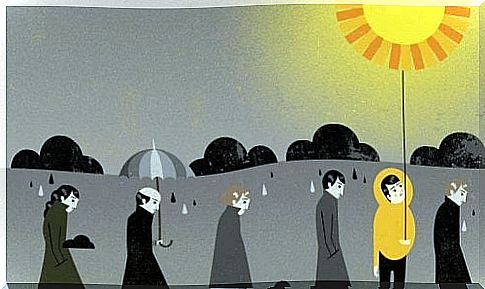
We cannot deny the fact that we have to be grateful to the infinite number of people who make it easier for us to move forward in life and to enjoy the present moment. In order to be able to express this gratitude, it is necessary to be aware of the wonderful positive things that constantly surround us.




